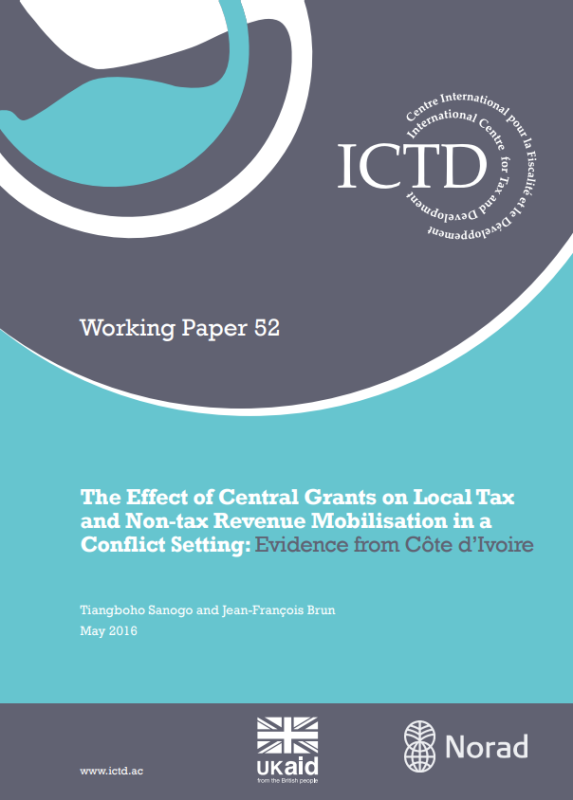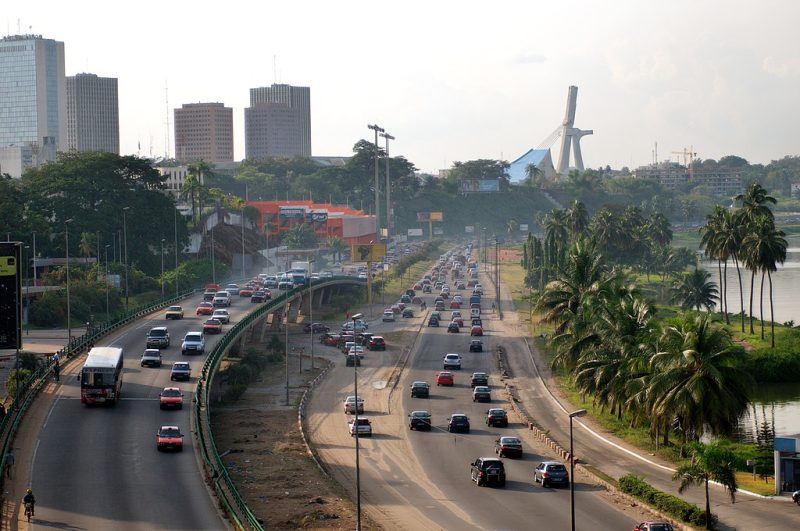LoGRI is conducting a diagnostic assessment of property tax administration in Côte d’Ivoire. This project delves into the complexities of the property tax cycle, encompassing property identification, valuation, billing, enforcement, and revenue distribution.
Central to this study is the analysis of Côte d’Ivoire’s recent strides in property registration and property revenue collection against the backdrop of a Francophone African context, where property tax mainly benefits municipalities but is administered by the central-level tax agency. The project involves meticulous examination of legal systems and administrative practices at each step of the property tax cycle, particularly focusing on the roles of IT systems and collaboration between administrative units and between central and local governments.
Research methods include face-to-face interviews with a broad range of institutional stakeholders in Côte d’Ivoire, complemented by extensive document analysis and administrative data review. Drawing on political economy analysis, the study aims to uncover key challenges and opportunities in property tax administration and to provide actionable insights and recommendations. This diagnostic furthermore enriches LoGRI’s database on African property tax systems and contributes to a better understanding of the dynamics and challenges specific to centralized systems of property tax administration.
Photo credit to Wikimedia Commons/Abdallah Hussein







